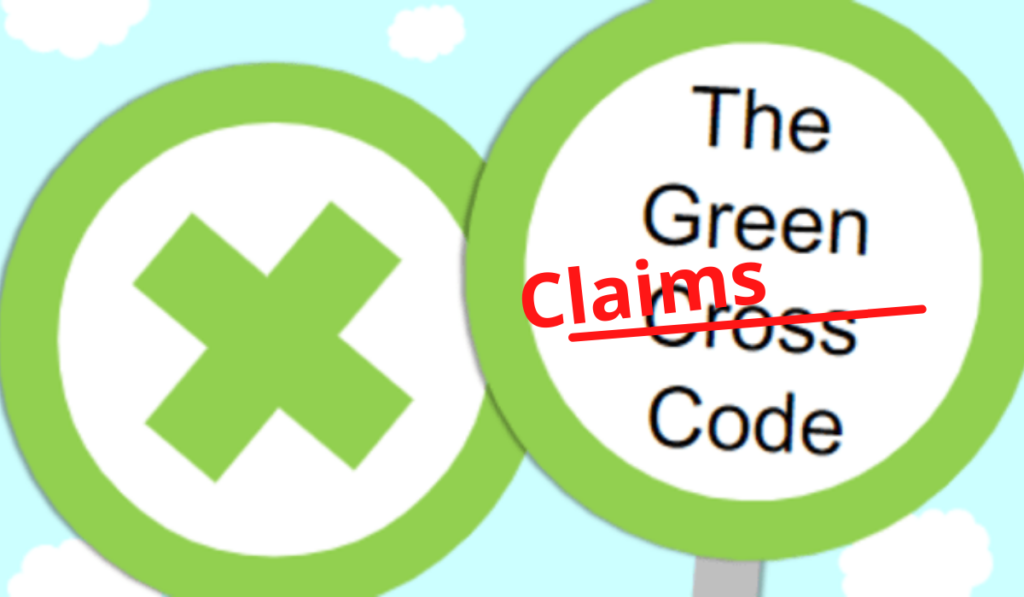Why greenwashing is bad for your marketing?
You would have to have been locked in a cupboard over the last decade not to have noticed that many more products and services are claiming that they are good for the environment.
There is no doubt that making your products more environmentally friendly will help to make them more attractive to customers. But the value doesn’t stop there, in fact environmentally aware companies often find it easier to hire good staff and build stronger relationships with government and the wider community.
What exactly is greenwashing?
Greenwashing defined as the process of conveying a false impression or providing misleading information about how a company’s products are more environmentally sound.
Unfortunately, it is happening too often. Some polluting companies use greenwashing to misdirect by promoting a small amount of environmentally impressive activities, while continuing to maintain their polluting practises. But customers and consumer groups are getting much more aware of this practice and are calling the business out.
One of the worst examples of greenwashing was VWs claims that their vehicles had low emissions, which they could only achieve by cheating emissions lists. In fact, their engines emitted up to 40 times the allowed limit for nitrogen oxides pollutants.
Some other examples include:
BP was criticised for presenting its renewable energy products in a way that implied that it was a major part of its business. Whereas the reality is that fossil fuels remain the overwhelming majority (more than 95%) of its business.
Another example is Subway which advertised its highly environmentally friendly “eco stores”. However, across the USA they represented only 14 out of 22,000 stores. The emphasis on its eco stores gave a false impression of the green credentials of the organisation.
Fast-food giant McDonalds fell afoul of greenwashing accusations when it switched from plastic to paper straws. This change was included in their promotional activities, heavily implying a strong environmental benefit. However, it turned out that the paper straws could not be recycled either.
The Legal Landscape has changed
And now the government has got involved. The competition and marketing authority has the power to tackle misleading environmental claims. Misleading claims are those that create an impression that the product of service:Has a positive environmental impact or no impact on the environment.
Is less damaging to the environment that a previous version of the same product or service orIs less damaging to the environment than completing products and services.It is important to recognise that environmental claims may concern the impact on the environment in general or on specific environmental aspects such as the air, water or soil.Environmental claims don’t have to be explicit, but if the marketing materials imply a benefit that is either exaggerated or non-existent these would also be seen as marketing claims.
All aspects of a claim may be relevant such as:The meaning of any of the terms used.The qualifications and explanations of what is said.The evidence that supports those claims
The information that is not included or hidden
The colours pictures and logos used andThe overall presentation.Examples of words that are often used incorrectly
- Biodegradable
- Environmentally Friendly
- Ethical
- It’s what the public/our customers are telling us they want.
Locally grown/organic/sustainably sourced.
Natural - No nasty chemicals
- Plastic-free
They have introduced a Green Claims Code. The principles are:
- Claims must be truthful and accurate.
- Claims must be clear and unambiguous
- Claims must not omit or hide important relevant information.Comparisons must be fair and meaningful
- Claims must consider the full life cycle of the product or service
- Claims must be substantiated.
So, how can your business avoid greenwashing?
- Do not treat green claims as a community activity. Making your products environmentally friendly is a whole business not just for your PR department.
- Honestly understand how your products impact the environment through the entire production process. By doing this, you will avoid making claims that don’t start up across the supply chain and you are likely to find create ways to make your products greener.
- Be transparent about your efforts. Customers understand that things can’t change overnight and respect companies that recognise the effect their products have on the environment and are committed to making genuine changes.
- The sum of small gains: sustainability is not a magic bullet. Instead, it is the result of persistent effort to make many improvements across the supply chain and manufacturing process.
- Achieve first claim afterwards. Let the product speak for itself. Demonstrate your green credentials first and communicate the facts. Avoid lofty claims based on hope rather than experience.
If you are looking for help in creating a marketing strategy that takes advantage of your environmental credentials while avoiding misleading statements or overpromising, please contact us for a consultation.

